Genesis Project Zero - first look
Steel master builder takes on composites for new team bike
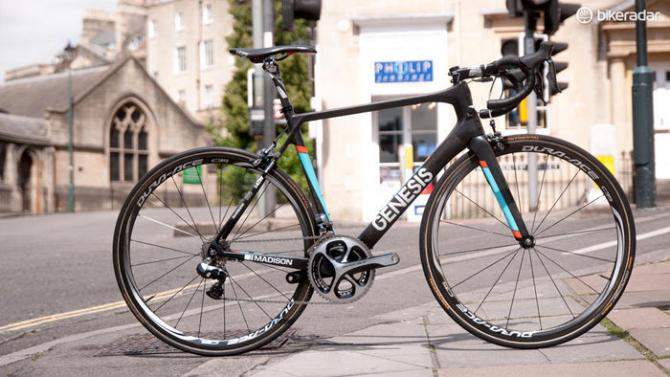
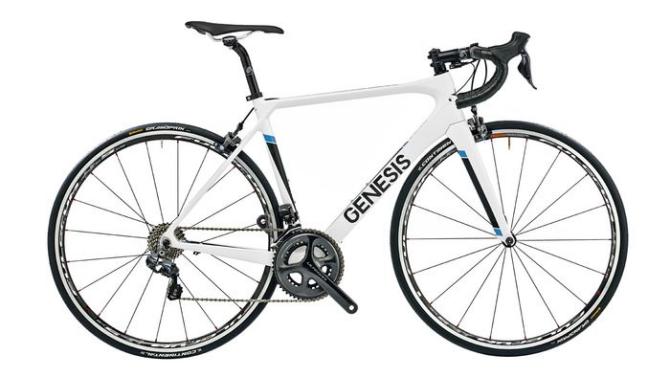
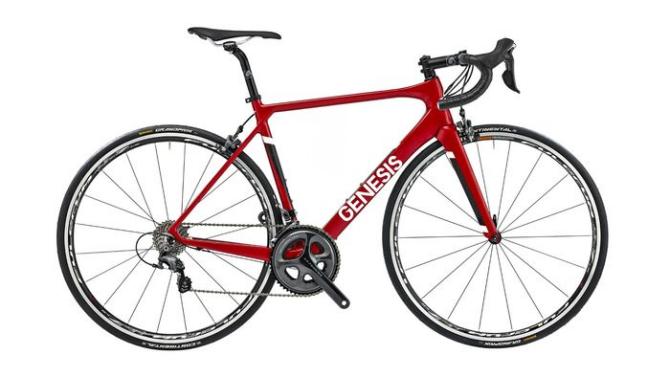
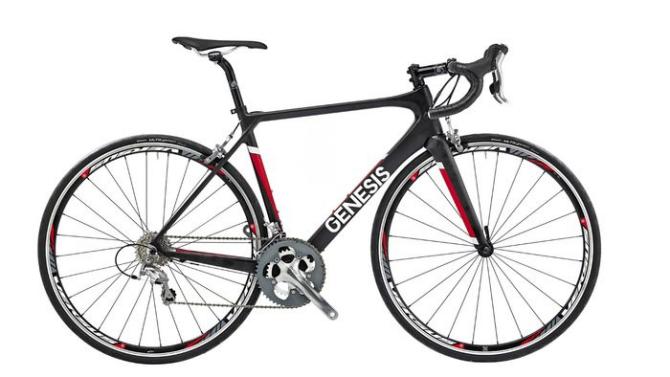
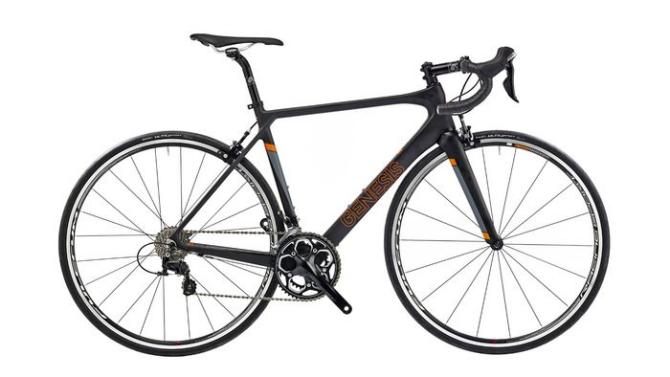
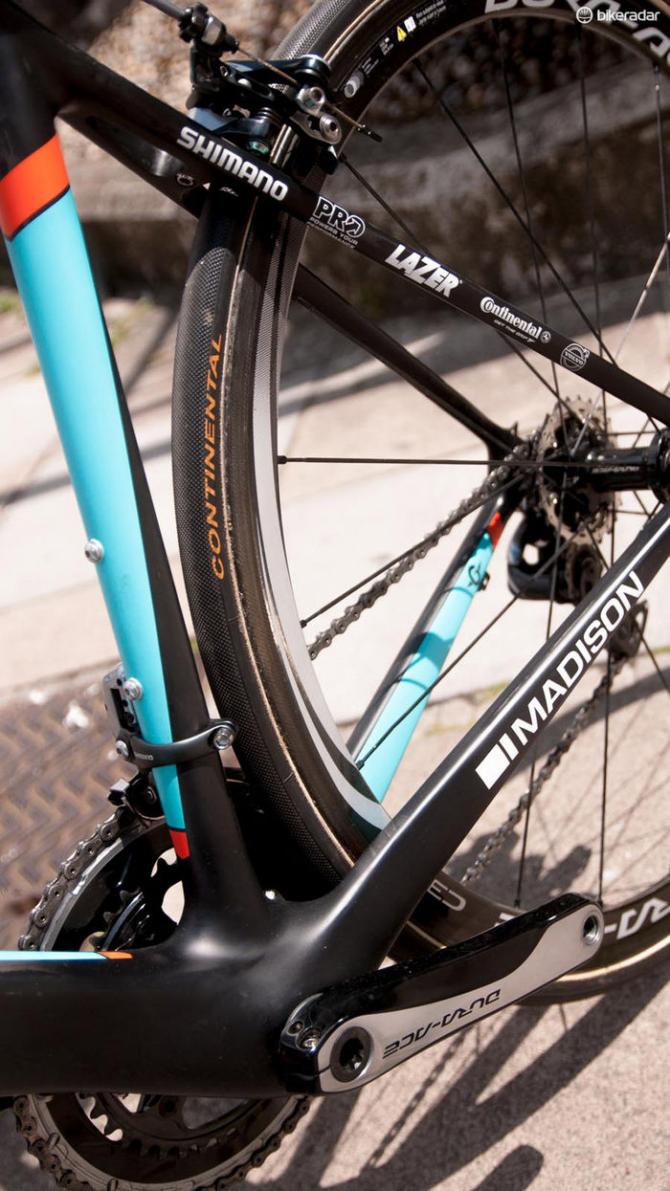
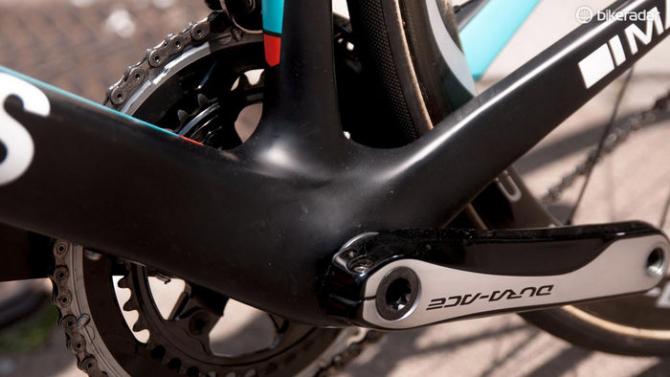
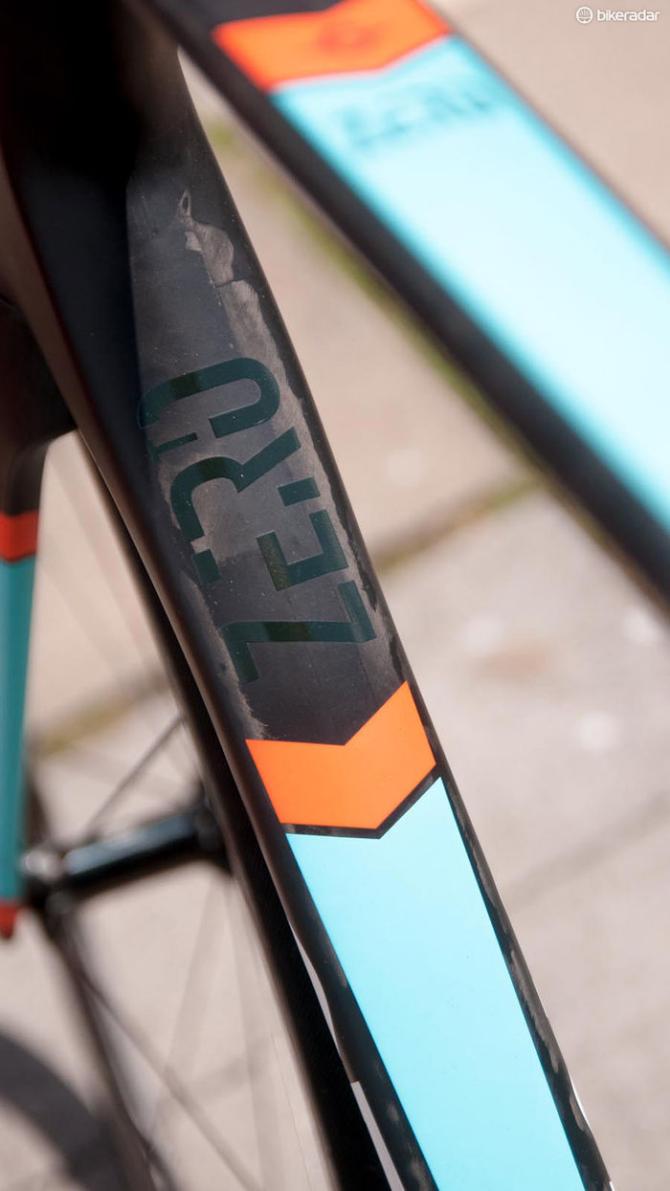
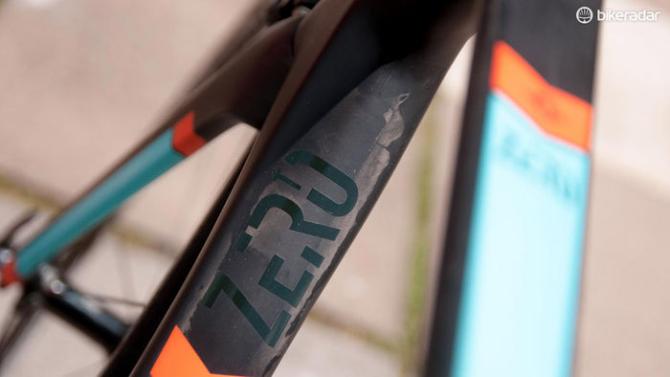
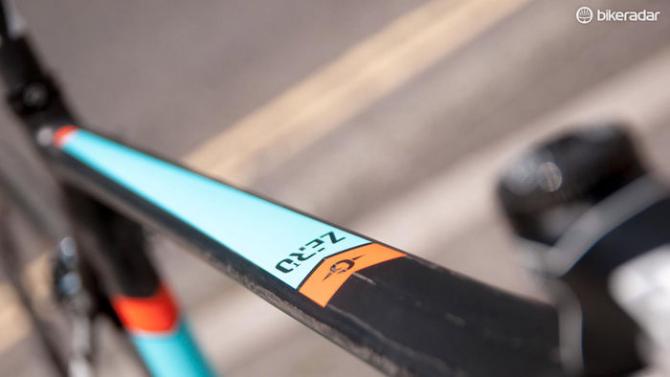
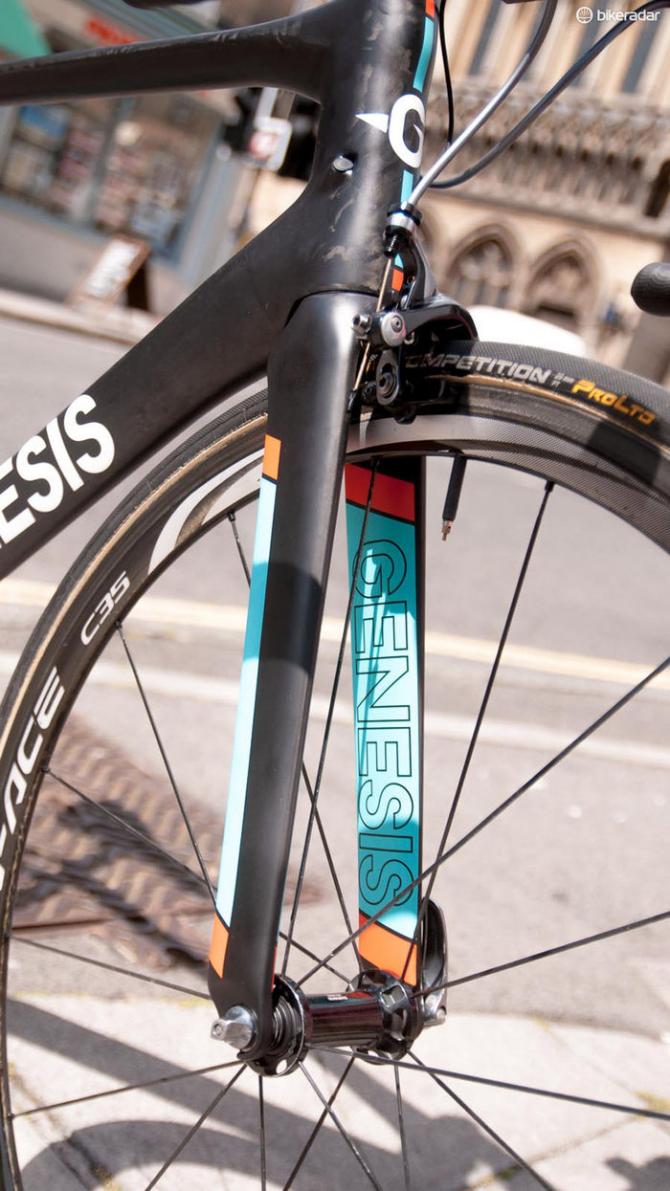
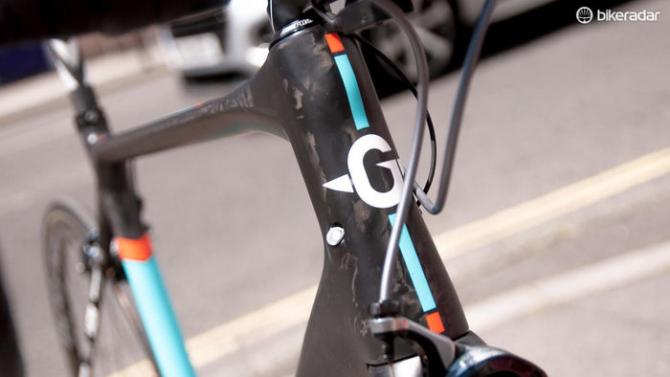
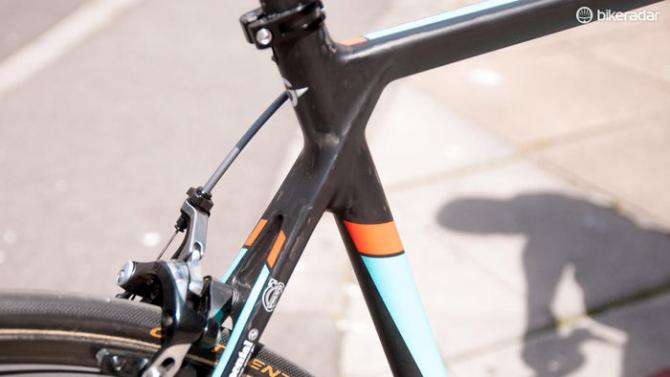
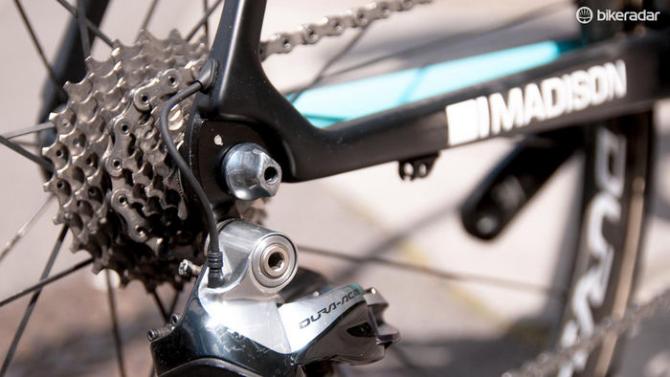
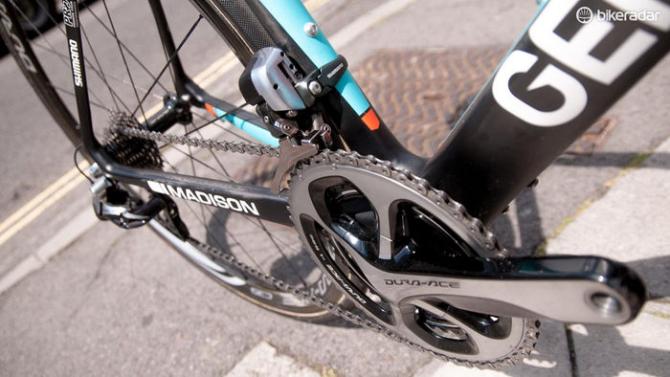
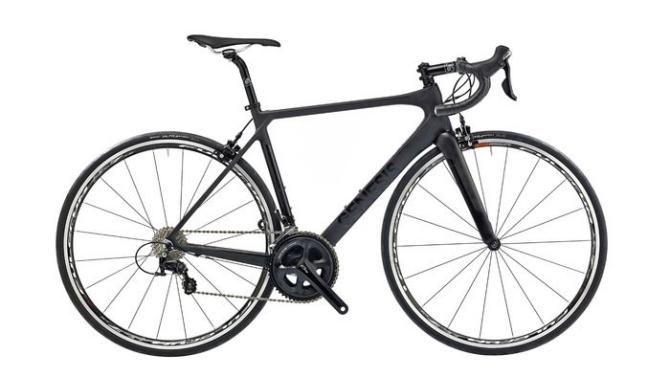
This article originally appeared on BikeRadar
We've always championed the Genesis ethos of exclusively using Reynolds steel in the construction of its road bikes. Tough and pretty, the range is pretty much the ideal selection for British riders.
With the creation of the pro Madison-Genesis team came the creation of the Volare, a pure stainless steel race bike. Over its five generations of design and material tweaks the Volare has lost weight and remained competitive, but most of the team-led revisions have come via feedback from the crit-style Tour Series events. That's also meant the bike has got progressively more aggressive and fast handling, and the wheelbase has got shorter – all making the bike more sprint than endurance.
Phil Hammill – director of the Genesis brand – and directeur sportif Roger Hammond have bigger ambitions for the Madison-Genesis team, however, and long stage races are set to be more of a factor in the team's calendar. This is where things begin to get tricky – the Volare is the perfect weapon for crits, being fast handling and above all else tough.
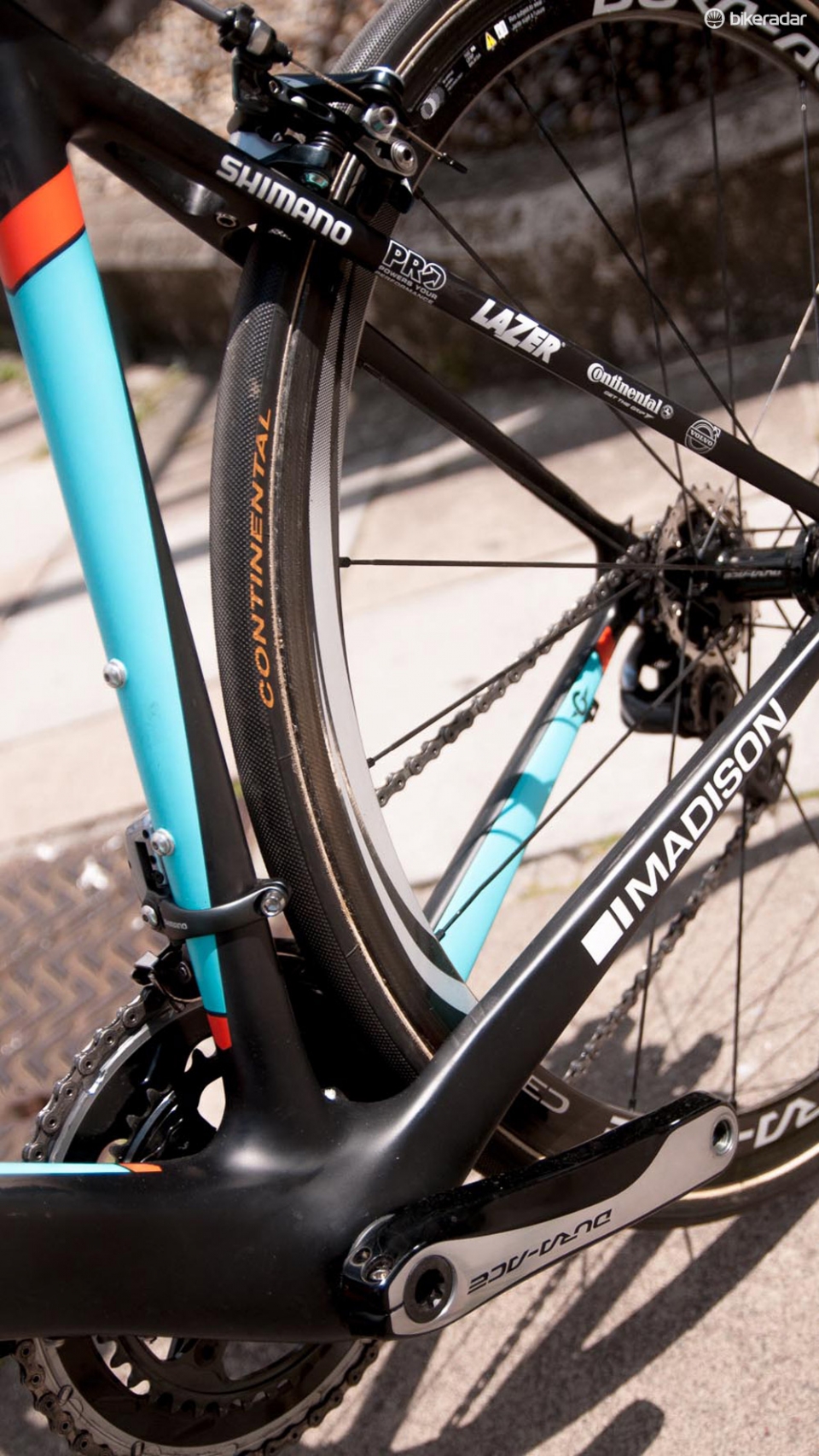
Compared with the Team Issue Volare, the new Zero is slightly longer in its wheelbase
"The Volare is exactly where we need it to be – this year it's 200g lighter than ever but still conforms to all safety standards," said Hammill. "If we took the Volare further down the lightweight route we could end up compromising its impressive strength.
''The Volare is also a bike made to be sold, not just raced – and we can't compromise strength and safety in any way for a bike that will end up under our customers," he added.
Get The Leadout Newsletter
The latest race content, interviews, features, reviews and expert buying guides, direct to your inbox!
The dilemma, then, for the four-strong Genesis design team was how to create a bike that retained the Genesis values while being competitively light enough to compete on the world's biggest stages. It had to become a carbon bike – though the team wanted to keep a key Genesis brand value in that the Zero will come with a full lifetime warranty for the original owner.
The Zero
The design was formulated more than 15 months ago, with the UK based engineering team wanting a machine blending light weight and comfort while nodding towards modern aerodynamic design. Once they'd arrived at the Zero's form they consulted with their Taiwan-based engineers about its manufacture.
The frame blends multiple variations of uni-directional carbon yarn (24/30tonne) and uses a mix of Kammtail aero profiles and slender tubes to create the frame. The head tube is tapered – as you'd expect – but also aero profiled, and flows into a matched fork with a Kammtail shaped down tube that integrates neatly into the recessed fork crown.
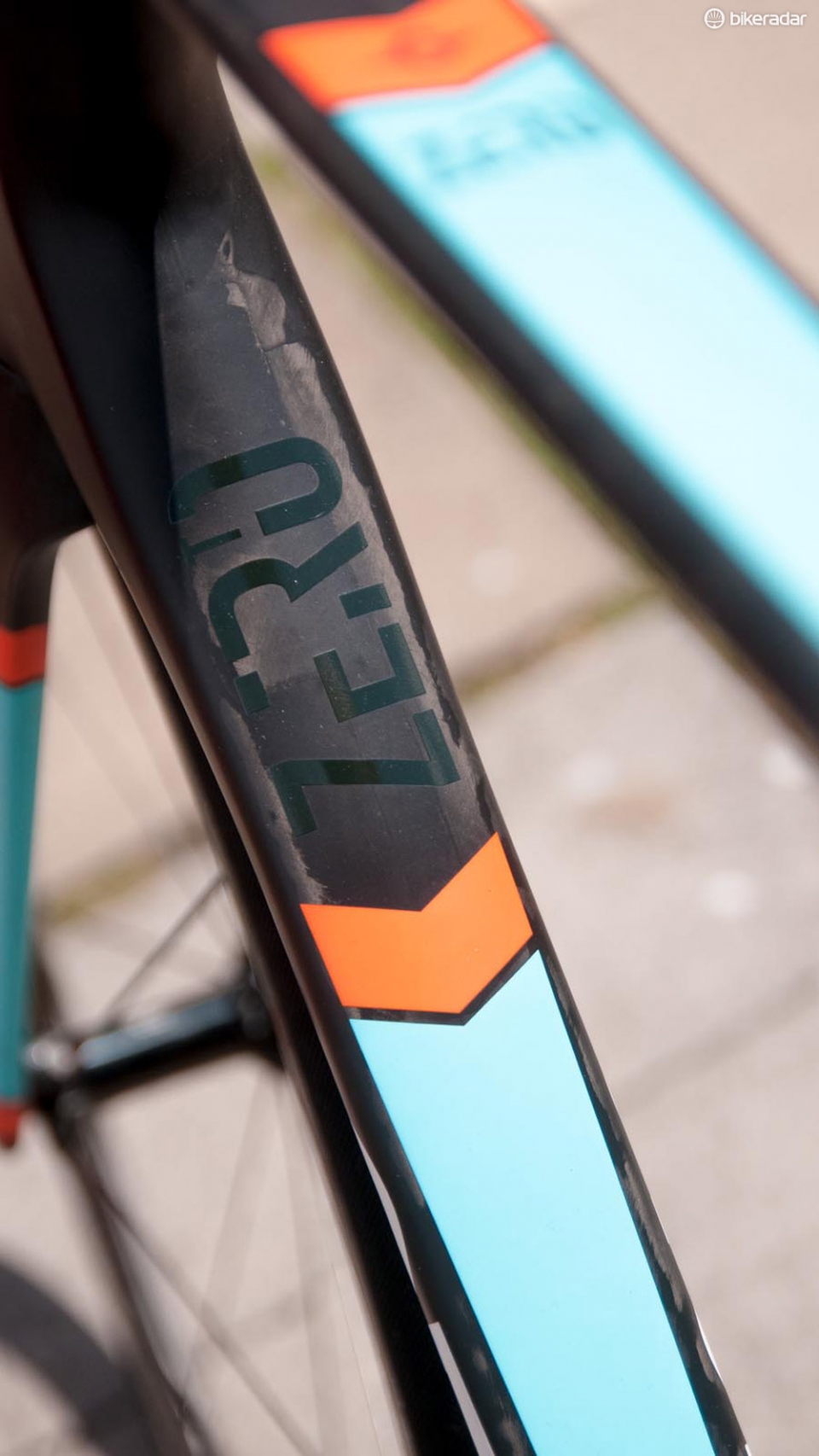
The Zero is constructed using a blend of 24- and 30-ton carbon yarns
The large aero shaped BB shell houses a press-fit 86 bottom bracket leading into substantial chainstays. The top tube shifts from being broad where it meets the head tube to being both shallow and slender at its join with the round 27.2mm standard seatpost and tube.
The slimline seatstays are also Kammtail profiled to condition the airflow over the rear of the bike, but offer enough compliance to keep the ride comfortable. The chain and seatstays are joined using full carbon dropouts to match the fork.
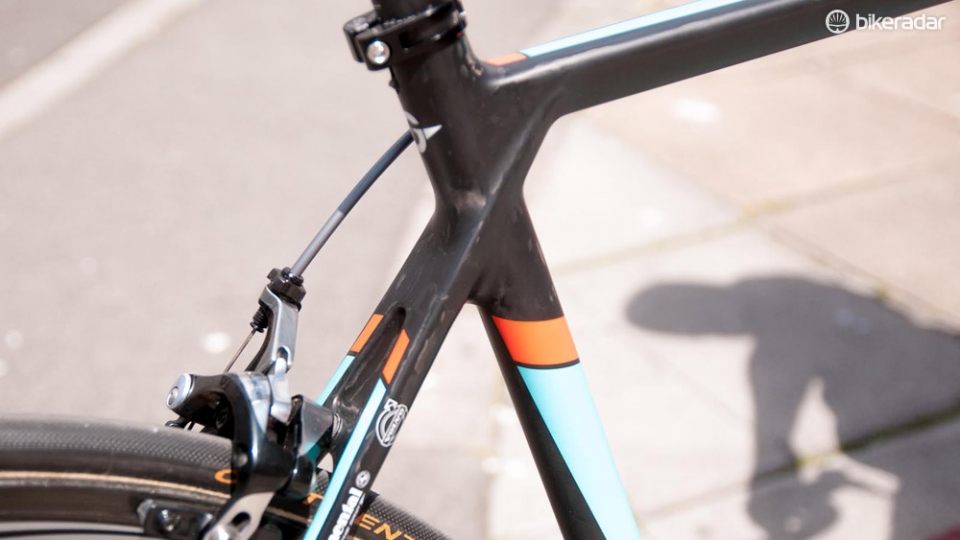
The skinny seatstays have a Kammtail profile to condition the air around the rear wheel
The bike's geometry is tweaked from the Volare standard: the head tube is slightly larger size-for-size and the wheelbase is slightly longer. Hammond was quick to point out to team members at the Zero's first presentation that they'd all been matched to their bikes using biometric data, enabling them to achieve their preferred racing position.
The medium frame weighs in at a very competitive 950g, and the complete bike as seen here (featuring C35 tubular wheels, Pro carbon components and Dura-Ace Di2) tips the scales at a barely UCI-compliant 6.8kg.
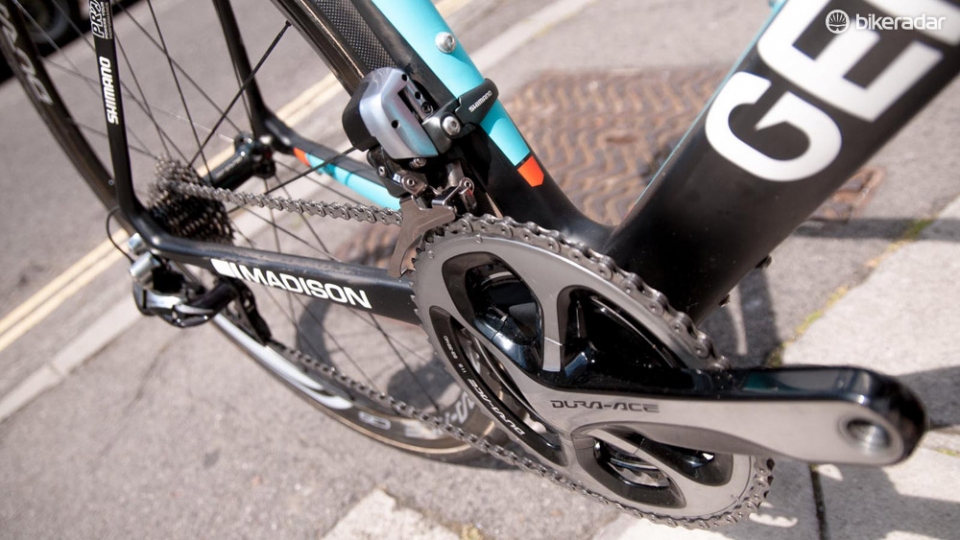
Team Madison Genesis get to ride full Dura-Ace Di2
For potential buyers, however, there is good news with the Zero. Each model in the six strong-range shares the same 950g team frame (though liveries change), meaning there's no downgrading of the carbon at lower price points.
The Zero range starts with a full Tiagra equipped model at £1,299.99; a 105 mix model at £1,499.99; and full 105 is £1,699.99. The full mechanical Ultegra version is £1,999.99, with Ultegra Di2 for £2,999.99. The full Team spec model you see here will retail for £4,499.99.
The Zero range will be available immediately.